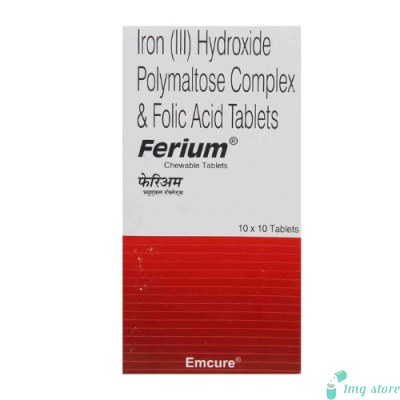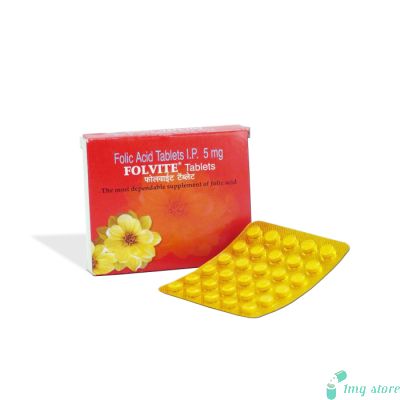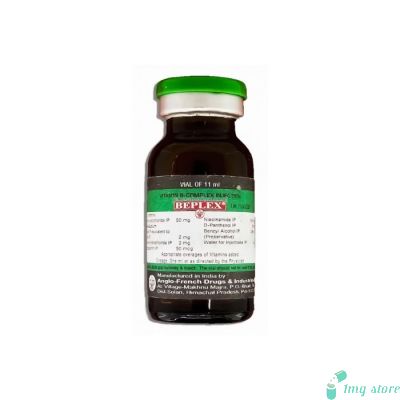Kenadion Injection (Phytomenadione)
Kenadion Injection, also known as Phytomenadione, is a vital medication used to treat and prevent bleeding disorders, particularly those associated with a deficiency of Vitamin K1. It is also sold under the brand name Mephyton.
Understanding Kenadion Injection (Phytomenadione)
Kenadion Injection, also known as Phytomenadione, is a vital medication used to treat and prevent bleeding disorders, particularly those associated with a deficiency of Vitamin K1. This medication plays a crucial role in blood clotting and is an essential component of any healthcare system. Vitamin K1 Injection, including Kenadion and Mephyton, is a critical therapy for individuals with clotting disorders and Vitamin K deficiencies. Administered either orally or by injection, it serves as a lifeline for those at risk of excessive bleeding. The precision and expertise required in its administration reflect the significance of Vitamin K1 in maintaining hemostasis and overall health. In this comprehensive guide, we will delve into various aspects of Kenadion Injection, including dosage information, precautions, drug interactions, uses, side effects, and more. Additionally, we will explore related topics such as Mephyton, nutrition care, and the availability of Phytomenadione Injection at 1mgstore.com. Injectable Vitamin K, such as Kenadion Injection, is a critical component of medical care, particularly in cases of bleeding disorders and Vitamin K deficiencies. Its efficacy in promoting blood clotting makes it an invaluable tool in healthcare settings, where precise dosage and administration are essential to patient well-being.
Phytomenadione Dosage Information:
Kenadion Injection is typically administered by a healthcare professional, and the dosage can vary based on the patient's condition and medical history. However, here are some general guidelines:
Initial Dose: The usual initial dose for adults is 2.5 to 5 mg, administered either intramuscularly or intravenously.
Maintenance Dose: Maintenance doses may vary but are often around 0.5 to 1 mg given orally or by injection.
Pediatric Dose: Children may require lower doses based on their age and weight.
Missed Dose: If a dose is missed, it should be administered as soon as possible. However, if it's almost time for the next scheduled dose, the missed dose should be skipped to avoid doubling up.
Overdose: Overdosing on Kenadion Injection can lead to excessive clotting and potential complications. If an overdose is suspected, seek immediate medical attention.
Mephyton and Nutrition Care:
Mephyton is another brand name for Phytomenadione, and it serves the same purpose as Kenadion. It is important to maintain proper nutrition to support the effectiveness of Phytomenadione. A diet rich in green leafy vegetables, such as spinach and kale, can provide natural sources of Vitamin K1. However, for those with severe deficiencies or underlying medical conditions, Mephyton or Kenadion Injection may be necessary to ensure adequate Vitamin K levels.
Availability at 1mgstore.com:
If you are in need of Phytomenadione Injection, you can explore the option of purchasing it at 1mgstore.com, a reputable online pharmacy that offers a wide range of prescription medications. However, it is crucial to consult with a healthcare professional before purchasing and using any prescription medication to ensure it is suitable for your specific medical needs. Kenadion Injection, being a prescription medication, highlights the importance of responsible healthcare practices. It should only be administered under the guidance and supervision of a qualified healthcare provider. Self-medication or misuse of prescription medications can have serious consequences, underscoring the need for adherence to medical advice and proper dosing instructions.
Buy Phytomenadione Injection:
If you are in need of Phytomenadione Injection, you can conveniently explore the option of purchasing it through 1mgstore.com. However, it is imperative to ensure that you have a valid prescription from a healthcare professional before acquiring this medication. The responsible use of prescription medications is essential to safeguarding your health and well-being.
Before using Kenadion (Mephyton) Injection, it's essential to consider the following precautions:
- Allergies: Inform your healthcare provider of any allergies you may have, as Kenadion Injection may contain inactive ingredients that can cause allergic reactions.
- Medical History: Discuss your medical history, especially if you have liver disease, heart disease, or any other condition that may affect blood clotting.
- Pregnancy and Breastfeeding: Consult with your healthcare provider if you are pregnant or breastfeeding, as the use of Kenadion Injection during these periods should be carefully monitored.
- Medications: Inform your healthcare provider about all the medications you are currently taking, as certain drugs can interact with Kenadion Injection.
- Regular Monitoring: Regular blood tests may be required to monitor your response to the medication and adjust the dosage as needed.
Mephyton Kenadion Injection is prescribed for various medical conditions, including:
- Bleeding Disorders: It is used to treat and prevent bleeding episodes in patients with clotting disorders, such as hemophilia.
- Vitamin K Deficiency: Kenadion corrects Vitamin K deficiency, which can occur due to various factors, including malnutrition or certain medical conditions.
- Liver Disease: In cases of liver disease, where the liver is unable to produce adequate Vitamin K, Kenadion is administered to maintain proper clotting function.
- Neonatal Jaundice: It is also used to manage neonatal jaundice, a condition that affects newborns.
- Surgery and Procedures: Kenadion may be given to patients before surgery or invasive procedures to prevent excessive bleeding.
While Kenadion Injection is generally considered safe, it may cause some side effects, including:
- Pain or Swelling at the Injection Site: This is common when the medication is administered intramuscularly.
- Redness or Irritation: Some patients may experience redness or irritation at the injection site.
- Allergic Reactions: Although rare, allergic reactions such as rash, itching, and swelling of the face, tongue, or throat can occur.
- Unusual Bruising or Bleeding: If you notice unusual bruising or bleeding, contact your healthcare provider immediately.
- Dizziness or Fainting: In rare cases, Kenadion may cause dizziness or fainting. If you experience these symptoms, seek medical attention.
FAQs About Kenadion Injection (Phytomenadione)
1. Can I take Kenadion Injection without a prescription?
No, Kenadion Injection is a prescription medication. It should only be administered under the guidance of a qualified healthcare provider who can assess your specific medical needs.
2. Are there any dietary restrictions while using Kenadion?
While there are no strict dietary restrictions, it's essential to maintain a balanced diet, including Vitamin K-rich foods, unless otherwise advised by your healthcare provider.
3. What should I do if I miss a dose of Kenadion?
If you miss a dose, take it as soon as possible. However, if it's close to the next scheduled dose, skip the missed one to avoid doubling up.
4. Can Kenadion Injection be used during pregnancy?
Use during pregnancy should be discussed with a healthcare provider, as the risks and benefits need to be carefully considered.
5. Are there any alternatives to Kenadion Injection for Vitamin K deficiency?
There are oral Vitamin K supplements, but the choice depends on the severity and cause of the deficiency, which your healthcare provider can determine.
6. What are the common side effects of Kenadion Injection?
Common side effects may include pain or swelling at the injection site, redness, and in rare cases, dizziness or fainting.
7. Can Kenadion Injection be taken with other medications?
It's essential to inform your healthcare provider about all medications you are taking, as some drugs can interact with Kenadion, potentially affecting its effectiveness.
Kenadion Injection can interact with various medications, including:
Anticoagulants (e.g., Warfarin): Combining Kenadion with anticoagulants may lead to an increased risk of bleeding.
Antibiotics (e.g., Cephalosporins): Some antibiotics may reduce the absorption of Vitamin K, potentially affecting the effectiveness of Kenadion.
Seizure Medications (e.g., Phenobarbital): These drugs may increase the breakdown of Vitamin K in the body.
Cholestyramine: This medication can interfere with the absorption of Vitamin K.
Always inform your healthcare provider of all the medications you are taking to prevent potential interactions.
| Manufacturer | : | Samarth Life Sciences Pvt Ltd |
| Equivalent Brand | : | Mephyton |
| Generic Search | : | Phytomenadione |









